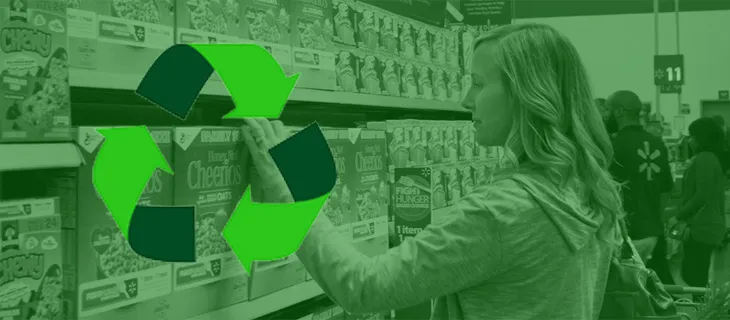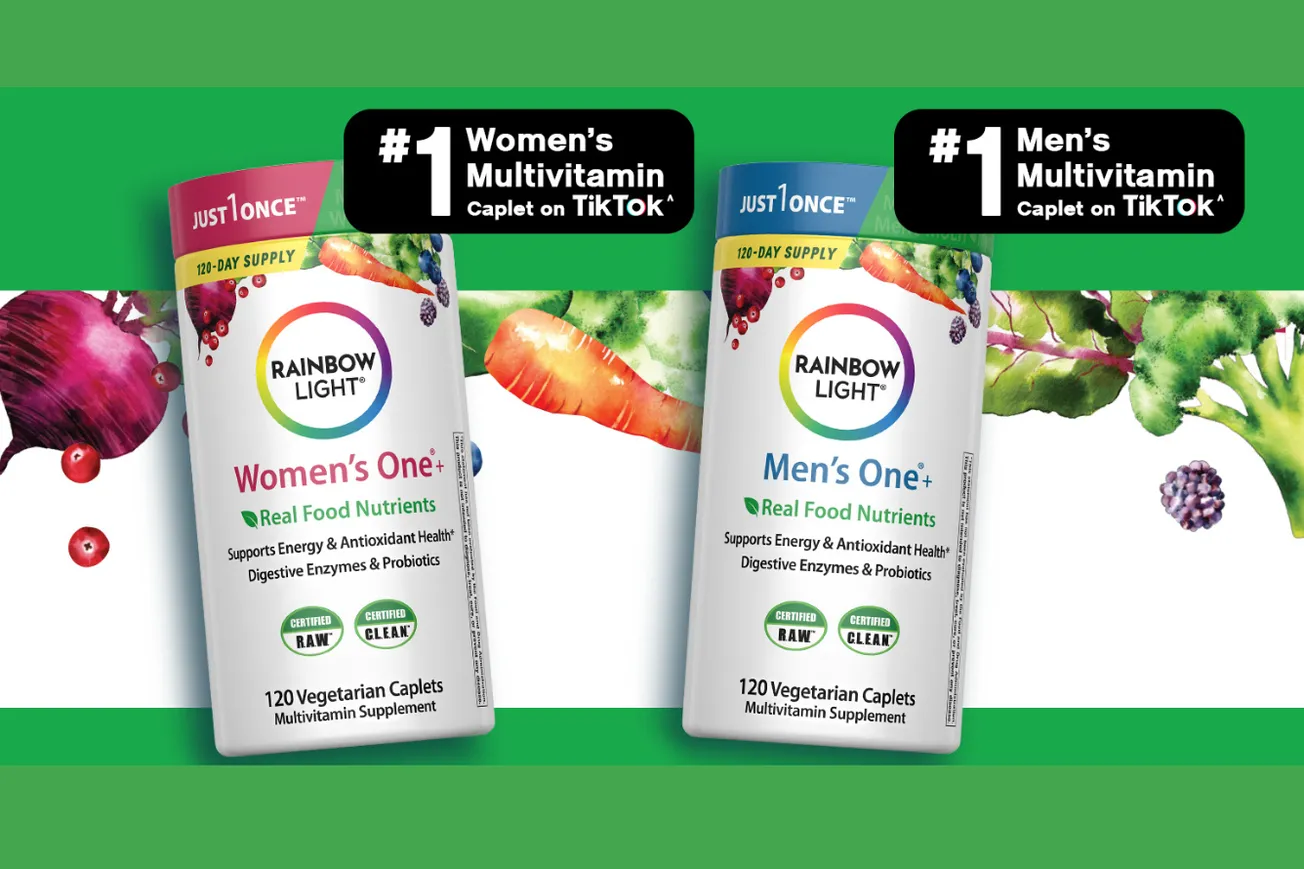CHICAGO — Retailers and suppliers can win consumers’ business and their loyalty by offering greener products, as long as they don’t try to charge more for them.
That is one of the findings of Earth Day 2019, an A.T. Kearney study based on a poll of 1,000 U.S. consumers. The study found that more than 70% of Americans consider their impact on the environment when shopping. But only 52% of consumers said they have shifted their buying decisions accordingly, although 66% said they intend to make the environment more of a priority in the coming year. Why the hesitation? The study suggests that consumers want businesses to make the first move. For example, more than 65% of consumers believe companies should exceed government sustainability standards.
Many retailers appear to have gotten the message, and are making announcements intended to show consumers that they care about the environment. Albertsons Cos. on Monday marked Earth Day by announcing a plan to significantly reduce plastic waste, starting with its own store brands portfolio. The retailer vowed that 100% of the packaging in its own brand products will be recyclable, reusable, or industrially compostable by 2025. Albertsons Cos. said it will also said that its store brand plastic packaging will include 20% recycled content by 2025.
Walmart in February made its own commitment to reduce its plastic waste, and the company recently said that carbon reduction by its suppliers in China has cut the release of greenhouse gases into the atmosphere by about 3.46 million metric tons in the past year. That effort is part of Walmart’s Project Gigaton promise to work with its suppliers worldwide to cut 1 billion metric tons of greenhouse emissions from its global footprint by 2030.
Such efforts by retailers and suppliers appear to resonate with consumers, many of whom see their own shopping choices as an important part of the solution to the world’s environmental woes. Of the consumers A.T. Kearney surveyed, 80% see changing their personal behavior as the most effective path to improving environmental outcomes. That compares to only 20% of consumers think that upporting advocacy groups and government action is a more effective approach.
Consumers are wary about companies’ “green” claims, however. Nearly 80% of consumers said they look to external certification to help them evaluate the credibility of benefit claims. And fewer than 25% of consumers said they ranked “intangible” claims — including vague statements about energy reduction or water quality improvement — among their top three purchase decision influencers.
Consumers also found claims that are more more immediate and observable to be more compelling, the study found. Claims about recycling were found to have a bigger impact on consumers’ perceptions than claims about changes in production processes, for example.
“What we see in these findings is that the consumer market may be more receptive to buying green products than they were in years past,” said Greg Portell, an A.T. Kearney partner involved in the study. “But, they don’t want to sacrifice quality or pay higher prices to benefit the environment. And two other things are clear. One, credibility, authenticity, and communications are critical to selling any benefits. And, two, consumers expect manufacturers and retailers to bear their fair share of the cost.”
The study also found that younger shoppers are not alone in expressing concern about the environmental impact of the products they buy. Consumers of all ages—including 70% of respondents age 18–44 and 62% of those 45 or older—said they see themselves buying more green products in the coming year.






